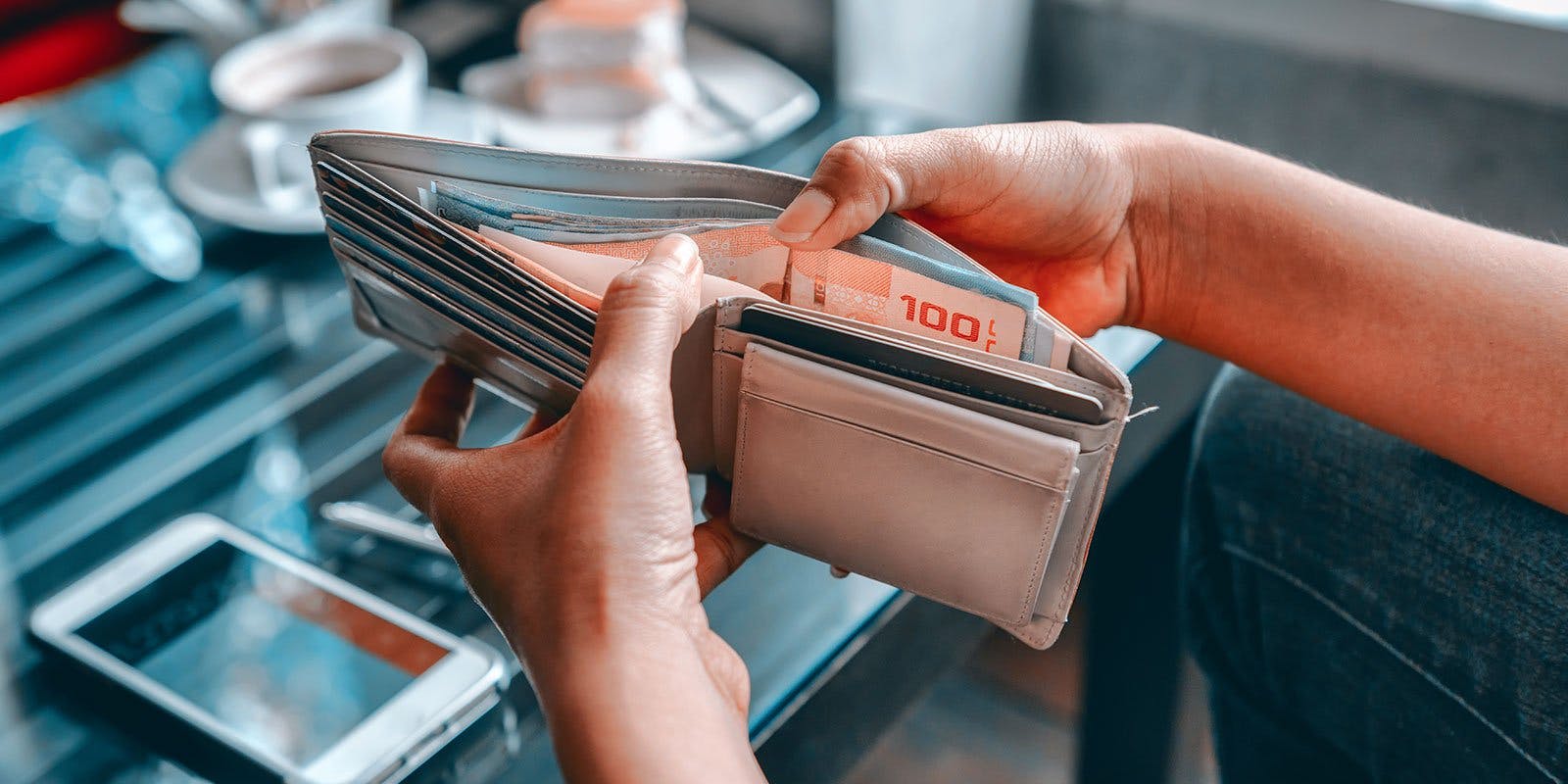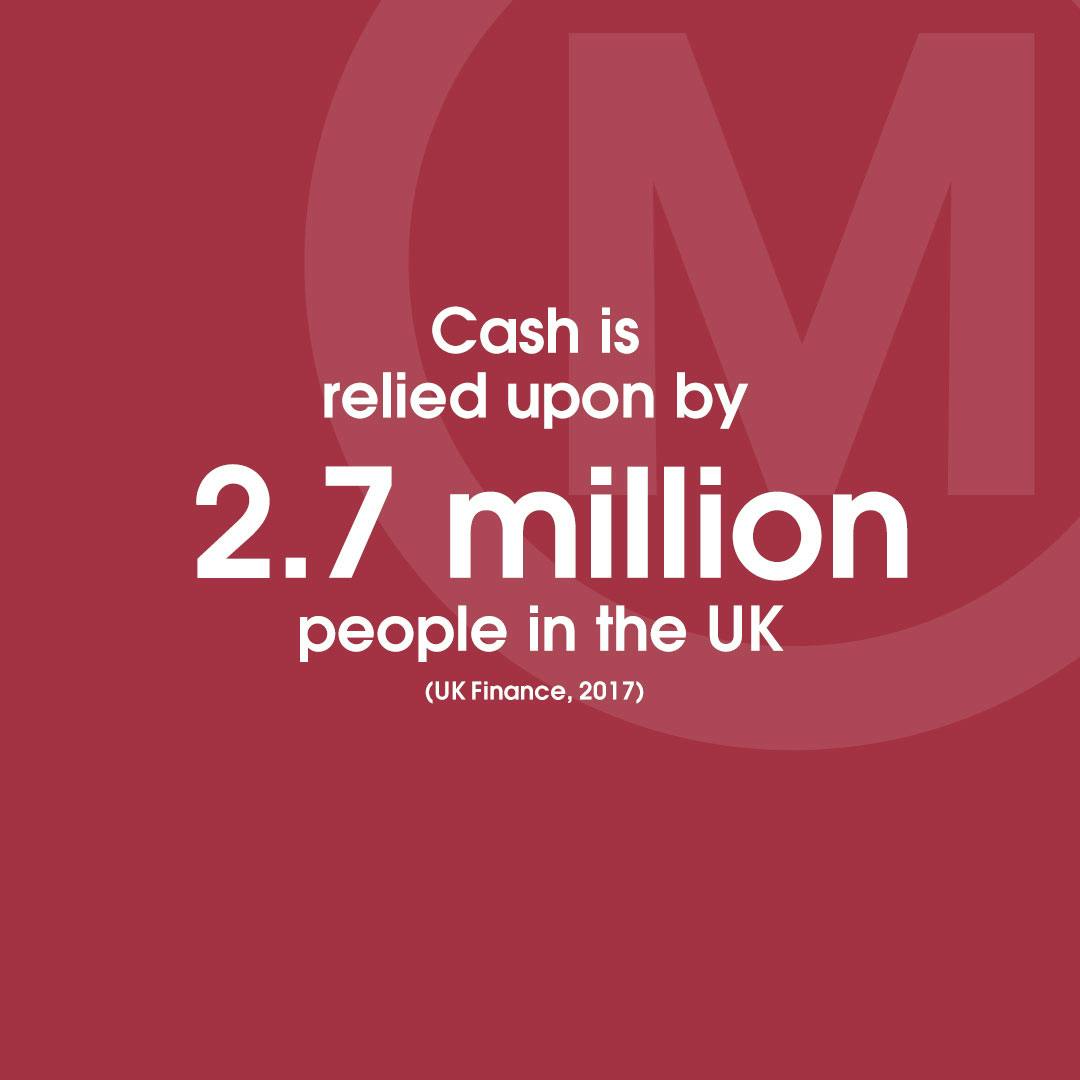
Cash will remain a crucial part of payments for decades to come, reports Positive Money
The recent Future of Cash report by Positive Money (UK) finds that cash will remain a crucial part of payments for decades to come and proposes establishing a publicly owned digital payments system as well.
The report discusses the potential for expanding access to digital payments and the need for action by the government to protect the option to use the UK's most preferred payment:
Positive Money believes that Government should update the legal definition of legal tender, to require retailers to accept cash as a means of payment.
The report offers an interesting digital cash proposal where the UK's central bank would create and hold currency, while payments and customer services are operated separately. But would a digital payments public infrastructure offer the same functions as cash? Not quite.
First, the users would need a device for conducting each digital transaction, which requires electricity. Cash is always reliable. Second, it would mean that the payee would need to run each payment past the team operating the payments services and the government's financial branch. Cash, protects privacy.
The ability to make payments is fundamental to any individual’s participation in the economy. We believe that people should be able to use their money in the way they choose, and that fair and low-cost access to payments should be recognised as a universal need, like water or electricity.
With ATMs under attack, Visa and Mastercard's war on cash and TFL's cashless bus policy strongly contributing to the decline in cash use within the UK, cash continues to be the nation's preferred payment option.
Excerpts from Positive Money's Future of Cash report
To understand how the move to digital payments will affect different groups within the economy, it is first important to understand how cash use is likely to evolve. Predictions of “the death of cash” or of the whole economy “going cashless” are premature. Cash remains a crucial part of our payments system, and will do for decades into the future...
This paper explores three questions:
- What do we know about how the use of cash is likely to evolve?
- Who are the people who currently rely on, or have a preference for cash, and how will they be affected by the move to digital payments?
- How can we ensure that those people’s interests are protected, and what is the role of policy, industry and innovation in doing so?
People should be able to use their money in the way they choose, and that fair and low-cost access to payments should be regarded as a fundamental need, like water or electricity.
2.2: Many people prefer to use cash, even when they have access to electronic payments (p. 11)
An agreement exists between the main banks to provide basic bank accounts to unbanked customers who are ineligible for a full-service account. This means that, in theory, all UK households should have access to a bank account should they choose to use it. Following the introduction of basic bank accounts in 2004, the number of adults living in unbanked households fell by over 50% and now represents less than 2% of the population.
But despite the availability of basic accounts, millions of people choose to be unbanked, and millions more use cash for almost all of their day-to-day payments. In fact, a significant majority of the people who only use cash also have a bank account. Around half of people with basic bank accounts choose to manage their money in cash.
Of those who are unbanked, the Financial Inclusion Taskforce found that only about half of people without a bank account actually wanted one.
Download Positive Money report here
Related studies
Cash Matters ‘Cash is the lifeblood of German retail’, finds Cardtronics study
A recent Value of Cash study* from Cardtronics finds that many German shopping destinations rely on cash as the lifeblood of their local businesses. When 2,000 Germans were asked about their most recent payments for a YouGov survey, a whopping 93% of consumers said they used cash at newsagents or bakeries and 62% confirmed using cash for...
Cash Matters Cash remains hugely important all over the world, shows G4S report
On April 17th, 2018, G4S - a global, integrated security company - published a report which concludes that worldwide cash use is actually on the rise. New and alternative payment use has increased, of course, but the report's infographic alone shows how cash is still by far the most widely used form of payment in all regions of the world and cash in circulation is growing...
Cash Matters Cash is vital for financial inclusion, finds NCR Financial whitepaper
A new white paper by NCR Financial published April 10th, 2018 finds that the unique characteristics of cash and the ATM channel are essential in the ongoing global effort to improve financial inclusion. The World Bank wants to achieve universal financial access by 2020 by ensuring global citizens have access to a transaction account or electronic instrument to store money and handle payments.

